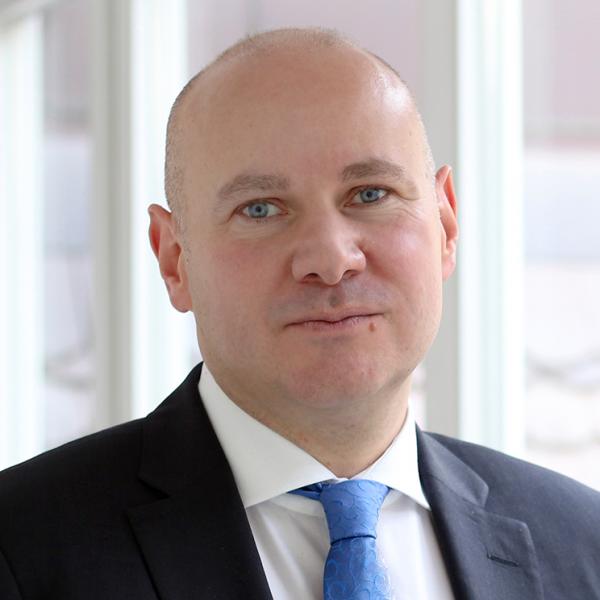Expert Opinion on FTTH-/Bandwidth Regulation
Project period: June 2017 - July 2017
Research Areas:
Tasks
This expert opinion examines the question of whether access to broadband infrastructure implemented via a newly developed technology (for example, fiber-optic infrastructure) should be regulated. The first part of the expert opinion is dedicated to determining the market boundaries of the market under consideration (market definition). To this end, substitution chains with regard to bandwidths and broadband technologies are analysed. Building on this market definition, the second part of the expert opinion analyses the (local) competitive environment in the German broadband market.
Methodology
The expert opinion uses fine-grained regional level data in order to answer the questions raised by means of multivariate regression analyzes.
Data and other sources
Deutsche Telekom AG, Bundesamt für Kartographie und Geodäsie, Regionaldatenbank Deutschland, Bundesinstitut für Bau-, Stadt- und Raumforschung.
Results
The expert opinion showed that a substitution gap between bandwidths of 50 Mbit/s and higher bandwidths of 100 Mbit /s and more exists. This implies that broadband internet users who have the opportunity to close contracts with download speeds of up to 50 Mbit/s, for example, are typically inclined to do so. By contrast, relatively few of these users are willing to close contracts granting up to 100 Mbit/s download speed, even if they were available. Overall, the analyses suggest that contracts offering up to 16 Mbit/s or 50 Mbit/s are not easily exchangeable with contracts that offer up to 100 Mbit/s or 200 Mbit/s.
The expert opinion also showed that in 2016, 70% of all households are located in local exchange areas where substantial inter-platform competition (cable coverage ≥60%) exists. Due to the competitive pressure in these areas, Deutsche Telekom has invested heavily in its (V)DSL infrastructure. By contrast, investments in local exchange areas where infrastructure deployment is rather costly (30% of the population) turned out to be relatively low, largely due to the fact that infrastructure competition is less pronounced in such areas.
